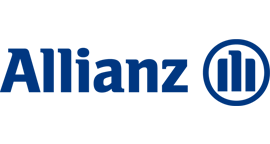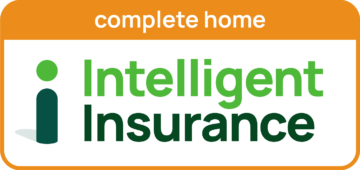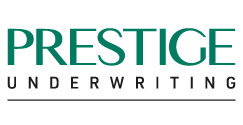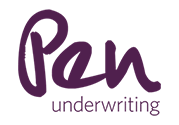Are my outbuildings covered?
Comprehensive Outbuilding Coverage
In general, yes! Moreover, Intelligent Insurance values your outbuildings and includes them in the quote process. Standard coverage extends up to £40,000 for each outbuilding, ensuring protection for these auxiliary spaces.
Tailored Building Insurance
Furthermore, for those requiring additional coverage, Intelligent Insurance offers the flexibility to extend building insurance beyond the standard limit. This allows homeowners to customise their coverage according to the value and usage of their outbuildings.
Policy Date Considerations
For policies purchased before 01/12/2018, note that coverage for each outbuilding is up to £10,000. It’s essential to be aware of the specifics related to your policy date to ensure accurate information during the quote process.
Information Required
To provide the best coverage, Intelligent Insurance will inquire about the type of outbuilding structure, its construction, and its usage. This detailed information allows for a precise assessment of your outbuilding insurance needs.
Defining Outbuildings
Understanding that an outbuilding is a structure separate from the main home, used for domestic purposes, is crucial. However, this definition excludes certain structures, such as those open on one or more sides, those lacking a permanent foundation, treehouses, inflatable buildings, or structures made from non-rigid materials.
Summary
By delving into these specifics, Intelligent Insurance aims to offer tailored coverage, ensuring that your unique outbuilding requirements are met with precision and care.






